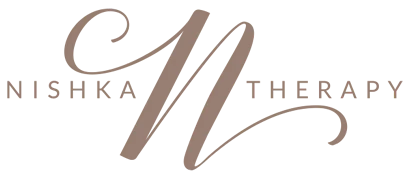Speaking as someone who works daily with folks struggling primarily, but not exclusively, with alcohol and drug addiction, I perceive it to be a multi-dimensional condition touching all aspects of an individual’s life. Their biology, their psychology, their social network, their educational and vocational aspirations, as well as the spiritual dimension of their existence. I see it has its genesis in the DNA of the individual, predisposing them to its development under certain inter-related psychologial and environmental conditions, as it has in previous generations. I see it being related to chronic trauma related stress, and the absence of stable and nurturing relationships, particularly but not exclusively with primary loved ones early in life. I see it being related to the absence of a role model or guide to help navigate through internal responses to a stressing and troubling situation or environment, and being guided to do so with non-harming strategies. I see the straining and isolating nature of these experiences sending messages to the brain that lead to the development of psychological and physical pain, as the two are inter-connected, as well as to the human need to cope with that pain. On one level, I see addiction as a conditioned adaptation to unbareable pain. A conditioned adaptation to unbareable pain that stems from chronically unmet needs.
Dr. Gabor Mate, a physician working with people struggling to live with and overcome alcohol and drug addiction on Vancouver’s Downtown Eastside, an area in the poorest postal code in Canada, writes in his very very good book “In the Realm of Hungry Ghosts: Close Encounters with Addiction”, that ‘Addictions always originate in pain, whether felt openly or hidden in the unconscious. They are emotional anesthetics.’ He goes on to say ‘Not all addictions are rooted in trauma, but I do believe they can all be traced to painful experience. A hurt is at the centre of all addictive behaviours.’
Through chronic addictive behaviour, over time the unhealed hurt can lead to things like arrested emotional development, arrested vocational development and its tethering to underachievement and underearning, fragmented relationships, impaired health and well-being, spiritual disconnection from self and the world around them. It can lead to acting out the unhealed hurt through violence toward self, other, or community property, which can lead to jail time and loss of freedom. It can lead to the loss of time, and with it the loss of opportunities to cultivate a life worth living. Addiction devastates and destroys life in those who seek it, and in those who love the ones that do. How many of us are not touched by the life of someone who is engaged in addictive behaviour? Has such a behaviour taken hold in yours?
In our next post we’ll take a look at what can be done to heal the hurt that leads to the development of addiction. In the meantime, take care and stay safe. As always, we welcome your thoughts below.
